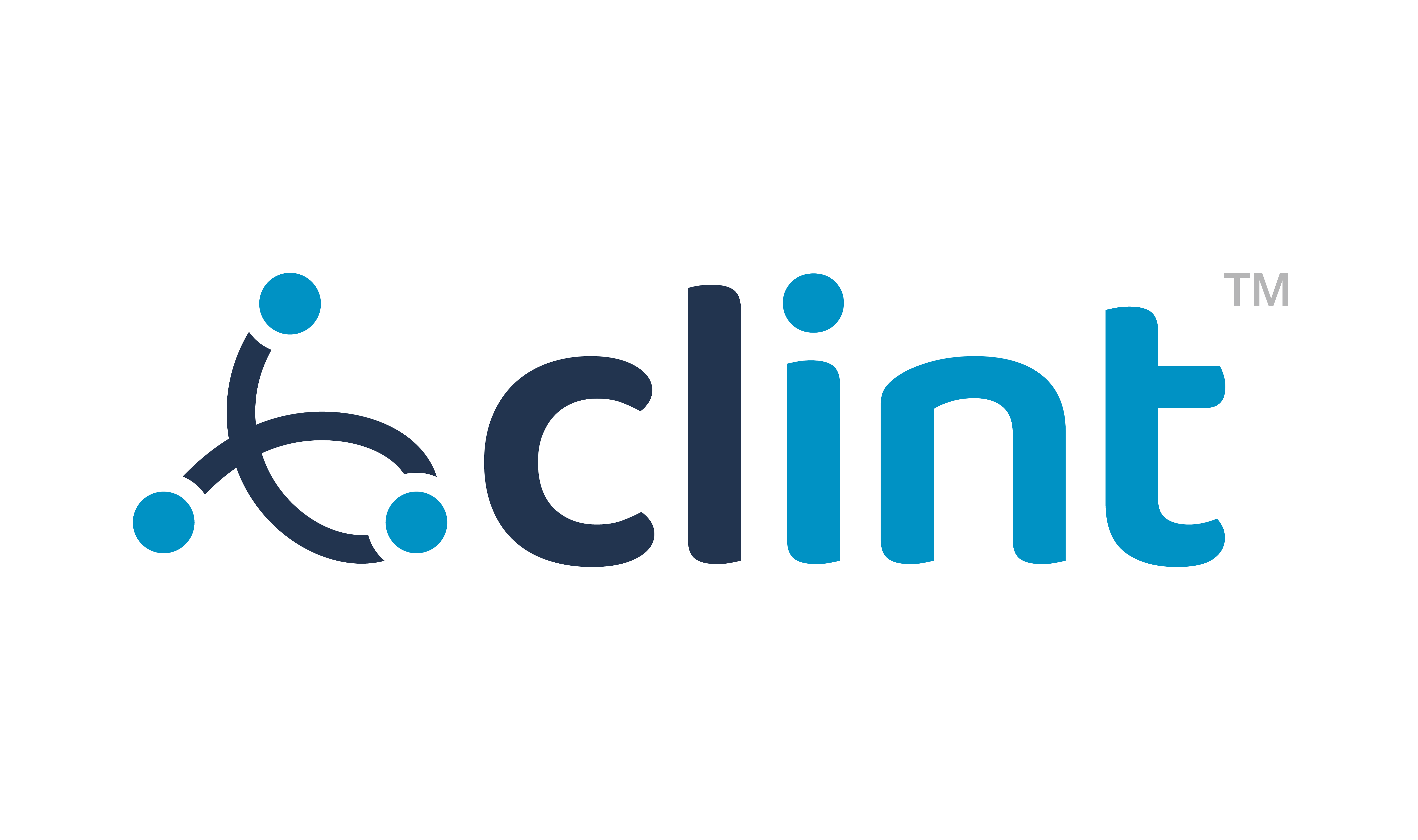
“Cardiovascular disease is preventable in many cases and early identification of risk is essential, especially for people at high risk,“ emphasizes the American College of Cardiology (ACC) Chief Medical Officer Richard Kovacs, MD, MACC. The urgent need for improved lipid management and cardiovascular care is underscored by the increasing prevalence of cardiovascular diseases (CVDs) globally, which remain the leading cause of death for men and women worldwide. Lipid management, particularly the monitoring and control of low-density lipoprotein cholesterol (LDL-C), is essential in the prevention and management of CVDs, including heart attacks, strokes, and related complications.
“Despite all we know about the importance of lowering LDL-C, only 27% of high-risk individuals achieve their recommended LDL-C level,” according to JoAnne Foody, MD, FACC, Chief Medical Officer of Esperion.
Gap in adherence to guidelines
Despite well-established guidelines by the ACC and the American Heart Association (AHA), adherence to lipid management recommendations remains suboptimal among healthcare providers and patients. This gap between guideline recommendations and real-world practice results in missed opportunities for prevention and early intervention. Clint is supporting the “Driving Urgency in LDL Screening” campaign, launched in 2023, to address significant gaps in lipid management and implement proactive LDL monitoring and tailored treatment strategies to mitigate the risk of atherosclerotic cardiovascular disease (ASCVD).
Empowering clinicians to close care gaps
A core element of this campaign is the integration of the Clint Care product within electronic health record (EHR) systems. This integration enables the automated analysis of patient records and offers clinicians evidence-based LDL screening recommendations directly within their workflow. Clint Care also provides clinicians with visual, interactive dashboards to monitor ASCVD risk reduction, the effectiveness of guideline implementation, and any need for repeat testing of LDL levels for their patients, providing insights into the progress and impact of their participation in the campaign.
Overcoming variability in lipid management
By automating the analysis of patient records, Clint Care eliminates the manual, time-consuming process of sifting through extensive patient data to identify those in need of LDL screening or further intervention. This ensures that no eligible patient is overlooked due to error or oversight, standardizing the screening process and overcoming variability in cardiovascular care. Furthermore, by embedding evidence-based LDL screening recommendations within clinicians’ workflows, we support the decision-making process to be informed by the latest clinical guidelines, made readily available at the point of care. Such immediate access allows clinicians to make evidence-based decisions as a part of their daily routine, promoting the consistent application of best practices tailored to each of their patient’s unique risk factors and treatment responses.
A proactive, data-driven approach to healthcare
Clint Care is a prime example of how technology can be leveraged to close care gaps in healthcare. This integration automates the analysis of patient records to identify patients who may be overdue for LDL screening or who are at risk for ASCVD, so that no patients fall through the cracks due to manual oversight or the high volume of patients that a clinic might see. Clint Care provides clinicians with timely, data-driven advice that is aligned with the latest clinical guidelines so that patients receive the most up-to-date care without clinicians having to manually keep up with new research or recommendations. The use of visual, interactive dashboards allows clinicians to easily monitor their patients’ ASCVD risk reduction and the effectiveness of guideline implementation. These dashboards can present complex data in an easily digestible format for clinicians to assess their patients’ evolving needs. Each of these features is integrated directly into the EHR system, reducing the need for clinicians to use multiple systems or manually input data into separate programs, thereby saving time and reducing the risk of errors.
Ultimately, Clint Care’s ability to provide insights into the progress and impact of clinicians’ and patients’ adherence to guidelines supports an ecosystem where we are better able to measure success in closing care gaps, improving patient outcomes, more efficiently using resources, and identifying areas for further improvement. This technology will drive us towards a more proactive, data-driven approach to healthcare.
Expanding reach and access
The “Driving Urgency in LDL Screening” campaign will extend to 30,000 primary care providers and cardiologists, marking a significant stride in the national effort to improve preventive cardiovascular care. “Bringing automated, guideline-driven insights to the point of care, this campaign will advance efforts to get the right patient the right treatment at the right time,” said Clint Co-Founder and Chairman Dr. Rajesh Dash, MD, PhD, MPH.
Download the free report below to learn more about how Clint Health is helping treat cardiovascular conditions.


